Time to Think
The quality of everything we do depends on the quality of the thinking we do first.
The quality of our thinking depends on the way we treat each other while we are thinking.Nancy Kline, More Time to Think
If you know me, you will know that I come back to the words of Nancy Kline often. It’s been an important corner stone of my practice as an Educational Psychologist as well as inspiring my interest in and passion for coaching.
Your Time To Think
We are ‘human beings’ not ‘human doings’, we need to reclaim the time to think. This needs to be a deliberate act and one I believe to be both individual and collective.
Do you know when and where you think best? In the shower? Walking? I definitely find that both the shower and walking helps. The repetitive and meditative nature of walking is often associated with thinking and creativity. In fact, research has shown that walkers score more highly on tests of lateral thinking. Something to bear in mind, if you are finding time for a daily walk are you using it as time to think? Maybe not pop your headphones in and see what happens?
In her book, The Creative Habit, Twyla Tharp suggests that we each need to sit alone in a room and see what thoughts arise. She suggests starting with just one minute and building up to 10 or more. Observe your thoughts as they arise and see what comes…
In an earlier blog I talked about writing for wellbeing. Julia Cameron’s ‘morning pages’ is a practice that allows you to observe your thoughts, your feelings and your actions. Creating this space enables you to build a buffer, a buffer between reaction and response:
Between stimulus and response there is a space. In that space is our power to choose our response. In our response lies our growth and our freedom.
Viktor Frankl
As we navigate unchartered waters this ability to create space and time to think is critical. Our attention is already focusing on ‘recovery planning’ and we need to create the thinking space to ensure that our plans are responsive rather than reactive. We need to look ahead to the next 2 years not just the next few months, this is where opportunity lies. This requires thought, both individual and collective.
Thinking Together
In our increasingly complex and busy world more and more people are seeking time and space that helps them navigate the complexity. Human conversation is one of the oldest ways to nurture the conditions for growth and improvement. We come alive when we talk about what's important to us and it is this that has the potential to guide us into new and different actions that offer the potential for great things.
We need to reap the benefits from the thinking that can be generated when someone holds the space allowing you to think deeply, independently, and importantly uninterrupted. How do you create the conditions for thinking, for your colleagues, students, partners?
The Art of Gathering
We are all gathering online in a variety of different ways. I sense the initial novelty and energy is wearing off a little. Perhaps this is because we replaced offline with online. If we want to sustain or indeed energise our online gathering perhaps we need to consider the art of gathering. Are we creating a human centred space that supports thinking?
Here are the 5 things to consider when creating a thinking space with your team, students or partners:
Be human centred – how long can you realistically focus and engage at the moment and / or online?
Start with the end in mind – what are you gathering for? How do you want to think, feel, do at the end?
Container building – how will you create a safe space for vulnerability and emotions? Unexpressed feelings get in the way of quality thinking.
Get ready – 90% of what makes a gathering worthwhile happens before the gathering. If you want your meeting to be a space to think, how can you prime your team to be bold and ready to think?
Beautiful oops – how will you show you real self? How will you model deep thinking and how will you embrace the bits that don’t go to plan? From this may emerge cutting edge thinking.
